Today in history, Babe Ruth made his baseball debut, President Wilson signed the Federal Aid Road Act, Americans showed support for bombing Vietnam and America's first space station crashed into Australia.
1914: Babe Ruth Makes MLB Debut
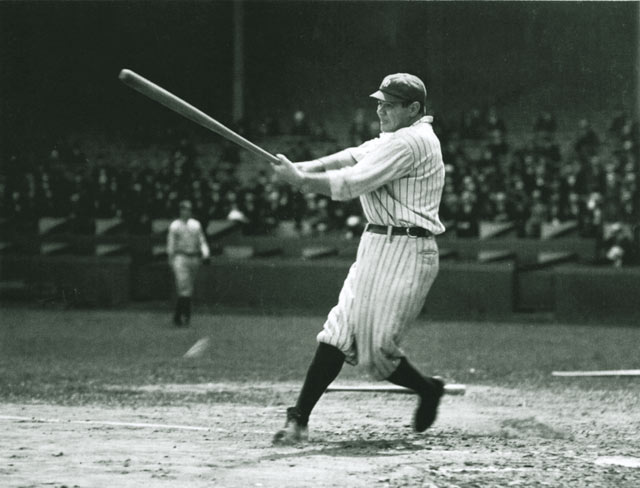
On July 11, 1914, George Herman “Babe” Ruth made his major league debut. He pitched in seven innings, taking the lead for the Boston Red Sox over the Cleveland Indians, 4-3.
Ruth was born February 6, 1895 in Baltimore, Maryland. His father worked as a saloon keeper on the waterfront. Ruth was the oldest out of his eight siblings, but only he and his sister lived past infancy.
In his early years, Ruth was known for his trouble making. History.com said, “At seven, his truancy from school led his parents to declare him incorrigible, and he was sent to an orphanage, St. Mary’s Industrial School for Boys." Ruth lived there until 1914 and the age of 19. That's when he was signed as a pitcher by the Baltimore Orioles.”
The summer of 1914, Ruth was sold to the Boston Red Sox. Ruth got the name “Babe” from his teammates from his lack of experience, but his talent began to grow and mature.
In Ruth’s debut game against the Indians, 19-year-old Ruth gave up just five hits over the first six innings.
In the seventh inning, the Indians managed to get two runs, three singles and a sacrifice on the Sox. That led to Ruth being relieved from the game. Ruth’s hitting prowess for that night was not displayed that first night; he went 0 for 2 at the plate.
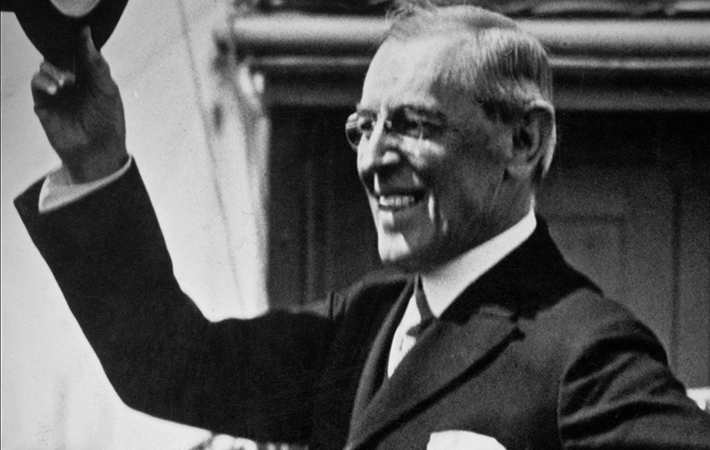
1916: President Wilson Signs Federal Aid Road Act
During the 19th century, the upkeep and maintenance of roads fell on the state and local government. Thus, the condition of the roads was very poor, especially in the rural areas.
As the new century began, citizens started taking a closer look at the condition of the roads, especially with the rise in automobiles. Everyone wanted improved road conditions, but for different reasons. Farmers wanted roads that would aid the transportation of goods to be efficient and dependable. City residents wanted roads with better pavement and long distance highways that would allow them to travel around the country.
In the end, the farmers’ petition was favored, and $75 million dollars were set aside for the improvement of post roads. The bill made sure that every state would create a highway agency that would administer federal funds and upkeep of the roads. The Federal Aid Road Act of 1916 would be the first of many bills that would establish the interstate roads and highways over the century.
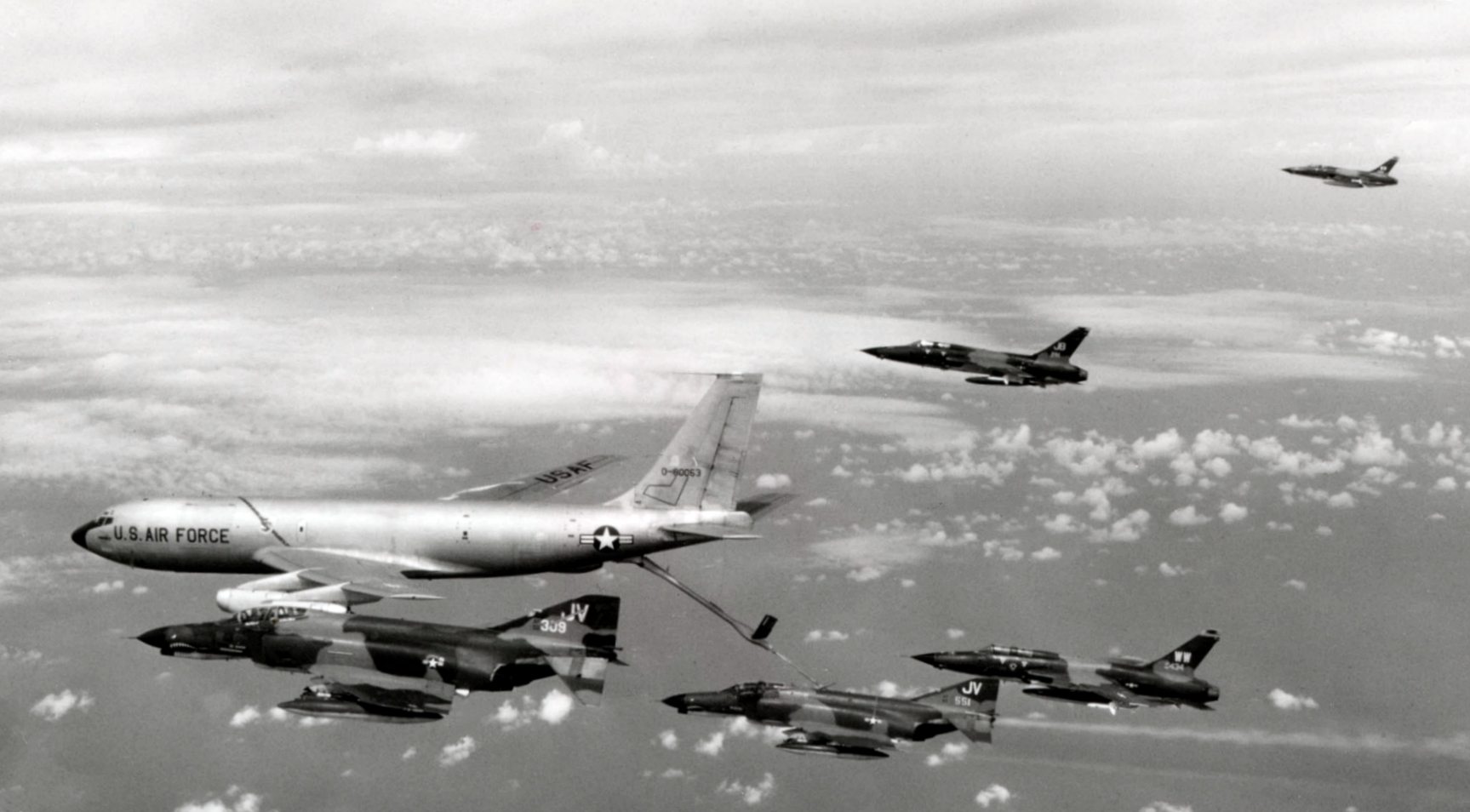
1966: Survey Shows Americans Willing to Bomb North Vietnam
A survey conducted by the company Harris showed that following bomb raids in the Hanoi-Haiphong area, 62 percent of Americans favored the raids, 27 percent were undecided and 11 percent opposed it. Yet 86 percent felt air raids would help end the war faster.
The raids were a part of Operation Rolling Thunder that began in March of 1965.

1979: America's First Space Station Crashes into Australia
In 1973 the Unites States launched the first successful space station. Its predecessor, the Russian space station, Salynut 1, had launched unsuccessfully two years prior. Skylab provided scientists with amazing information. The crews on Skylab were able to observe the sun for over 700 hours and collect more than 175,000 solar pictures.
The astronauts' extended stay also provided important information about the biological effects of living in space for prolonged periods of time.
However, the space station began to deteriorate, particularly because of unexpected high sunspot activity. In 1979 Skylab, over 118 feet tall and weighing 77 tons, returned to earth leaving debris over Australia and the Indian Ocean.
Subscribe to the LIVE! Daily
Required


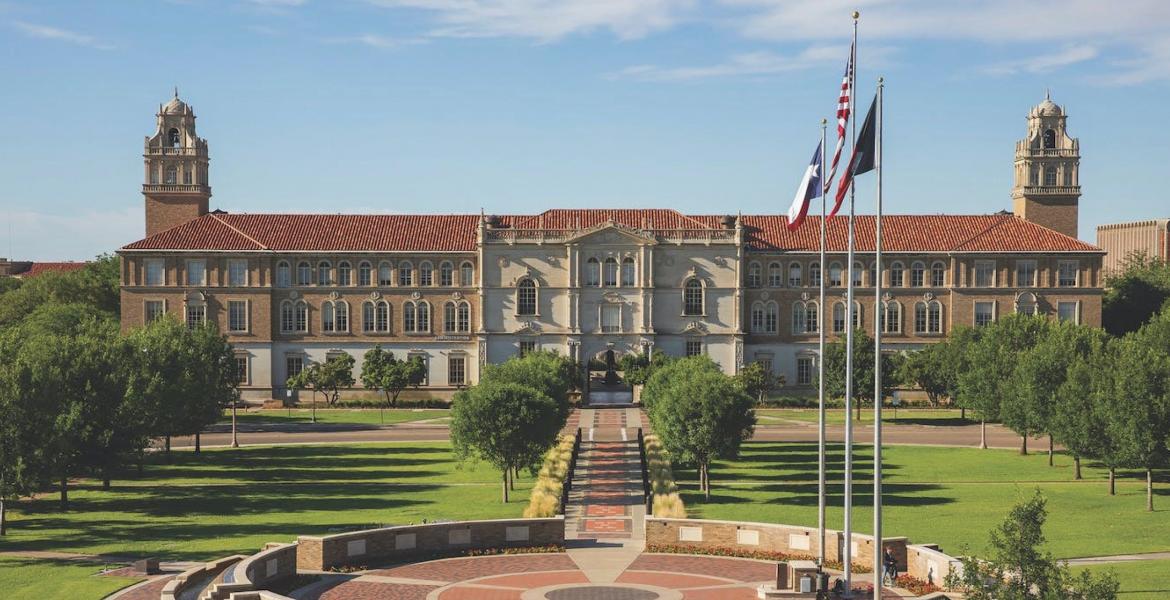
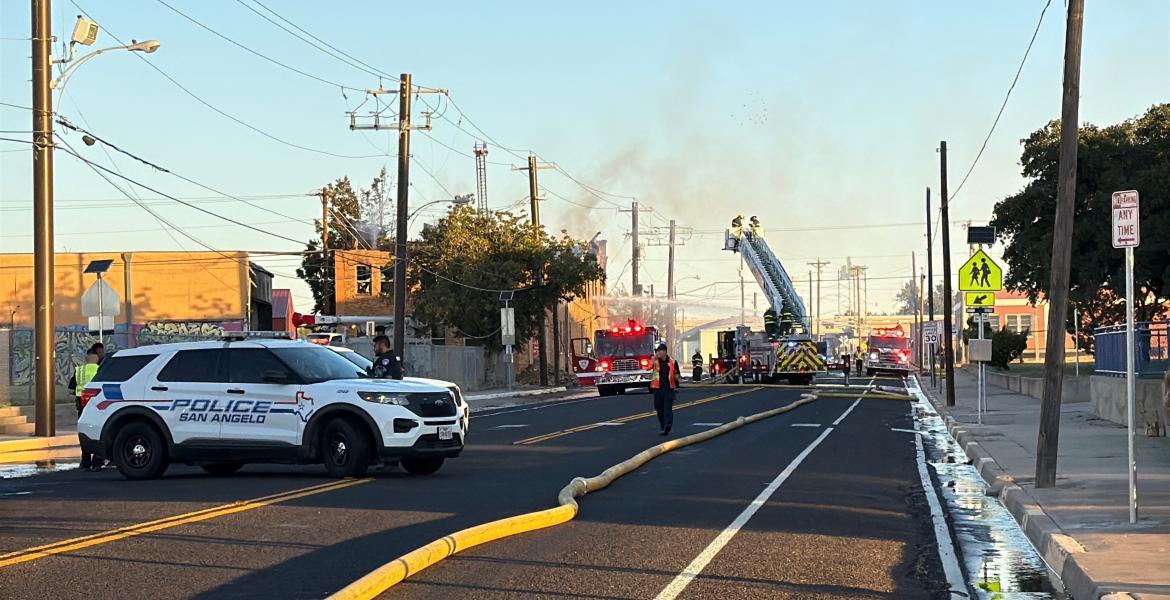
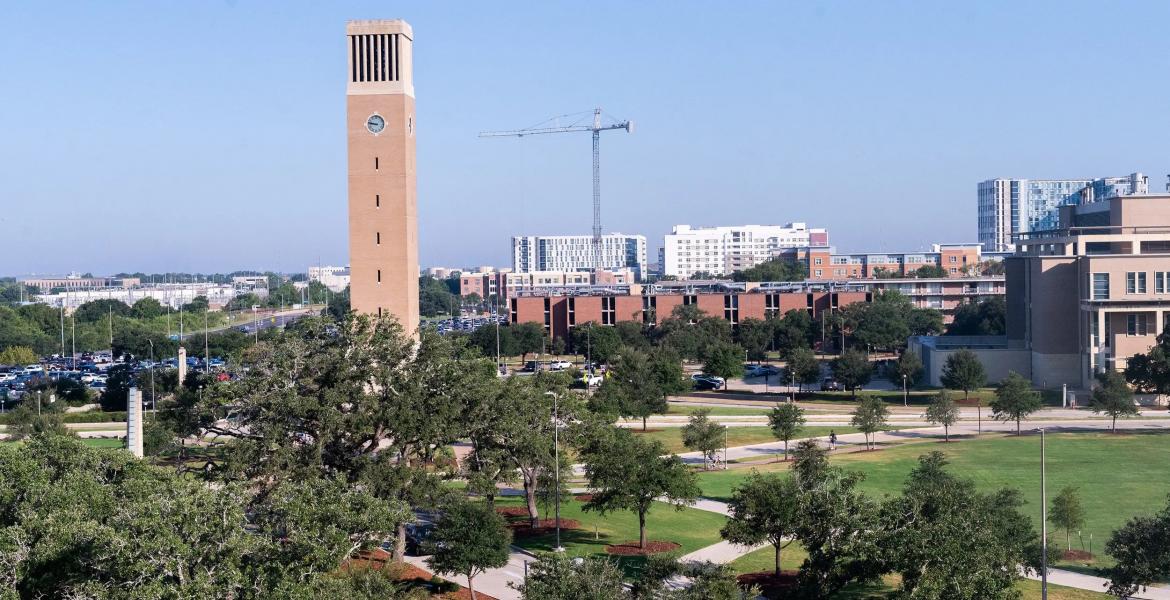

Post a comment to this article here: